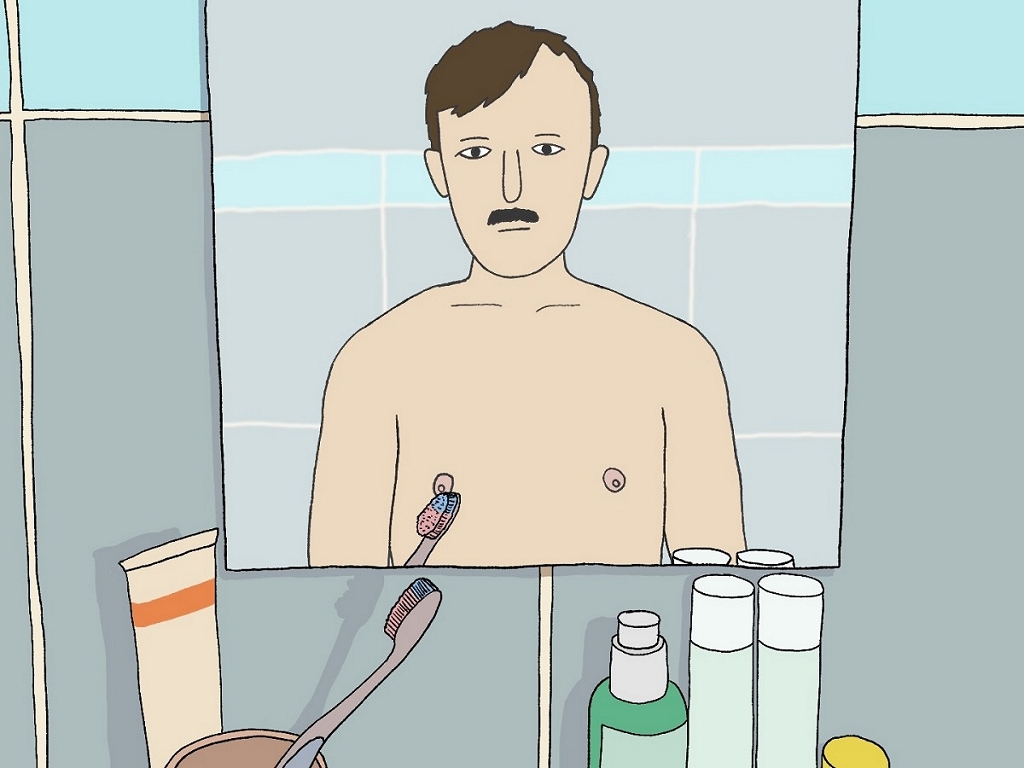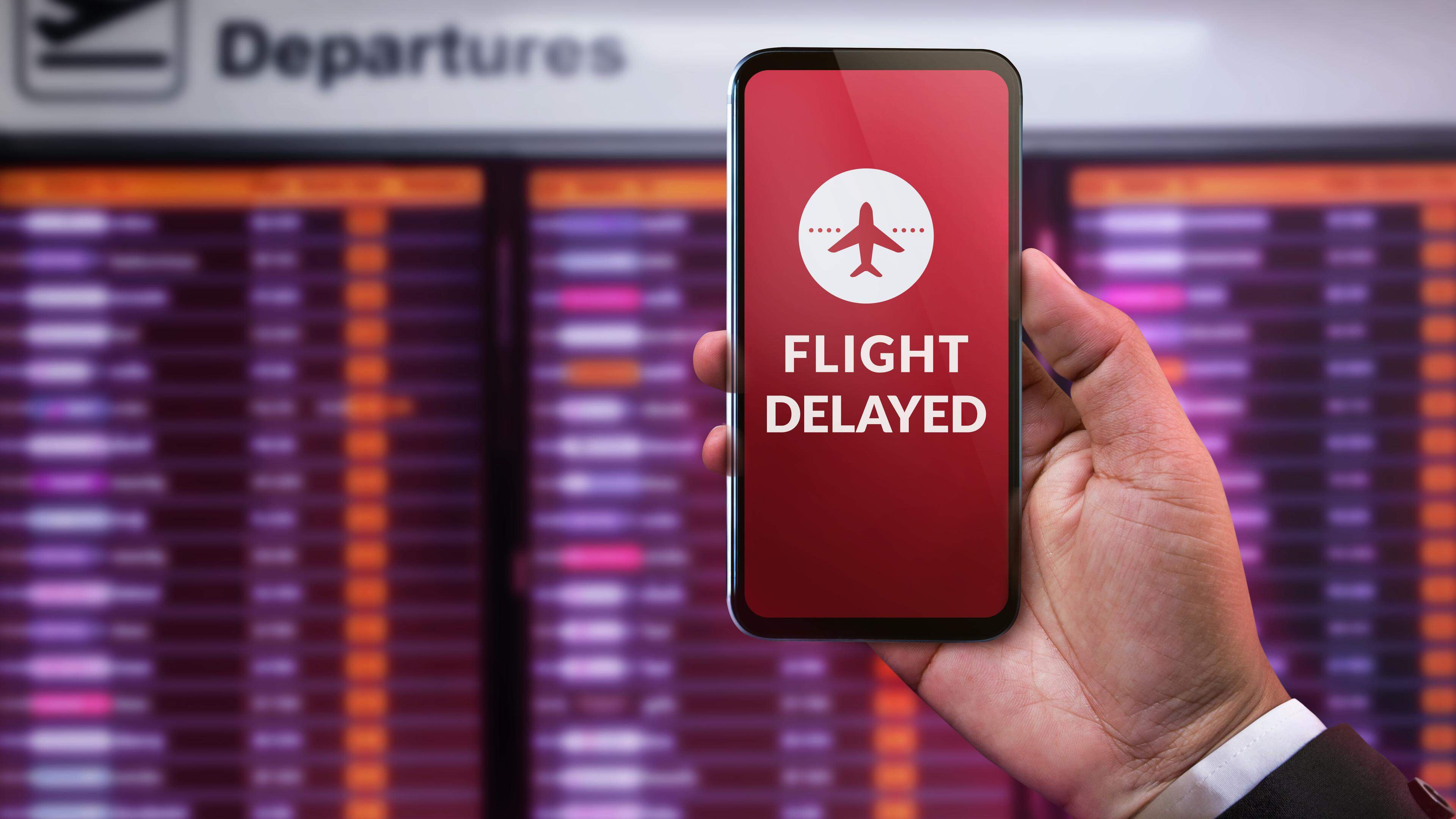Marta Kos in Slovenia with more understanding for Serbian protesters

After a hundred days since the second European Commission under the leadership of Ursula von der Leyen, the Commissioner for Expansion is in the first extensive visit to Slovenia. Marta Kos. It comes to Slovenia in a period when the avalanche of criticism, both in the Slovenian and European public, has come to it, due to a long response to mass democratic protests in Serbia.
The Commissioner will meet with Prime Minister tomorrow Robert Golobwhich he suggested to the position. The interlocutors will discuss the current challenges facilitated by the European Union, with an emphasis on expansion and conditions in the Western Balkans, the Prime Minister’s office said.
One of the main challenges that commissioner Marta Kos deals with is communication. A lot of excitement received her record on network X after meeting with Serbian president Alexander Vucic. She wrote that the meeting with the Serbian president was « constructive ».
“What protesters require from their government is exactly what Commissioner Marta Kos and the EU are demanding from Serbia on the way to the EU. The rule of law, the freedom of the media, the free election and the alignment of legislation against organized crime with European, « said a commissioner from Slovenia, who today appeared on a public debate on European expansion policy and current EU challenges at the EU House in Ljubljana.
She met with Alexander Vucic because she had to talk to all candidates. « It is my job to return Serbia, which has been negotiating for 13 years for entry into the EU, on the European path, » she added. Instead of the word expansion, it prefers to combine Europe, which means combining based on common values, such as respect for the rule of law and human rights.
In today’s challenging times, Marta Kos feels similar energy to the time of Slovenia’s independence, the collapse of Yugoslavia and the Soviet Union, the merger of Germany and other geopolitical movements in the early 1990s.
She also highlighted the situation in Bosnia and Herzegovina from other challenges in the Western Balkans and the normalization of relations between Belgrade and Pristina. She announced that Montenegro and Albania could have completed negotiations to enter the EU by 2026 or 2027.
“For the first time, we are experiencing that the system no longer applies when the countries have fulfilled the conditions and then entered the EU. Today, we have external forces that want to prevent certain countries from becoming members, there was no other expansion in the past, « observes Marta Kos, who is critical of outdated, long -lasting and complex procedures for the adoption of new EU Member States.






:format(webp)/s3/static.nrc.nl/images/gn4/stripped/data133314127-765aec.jpg)
